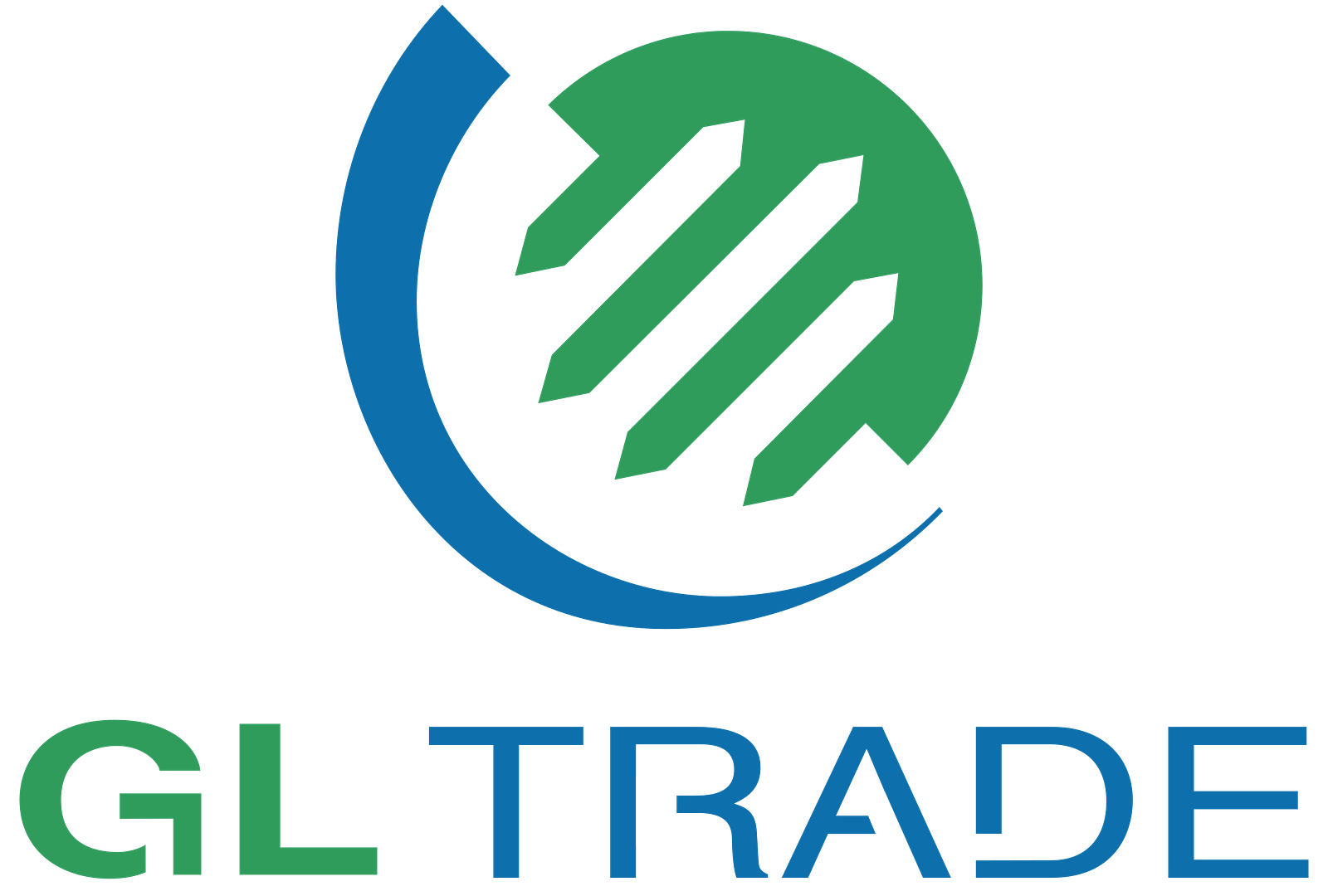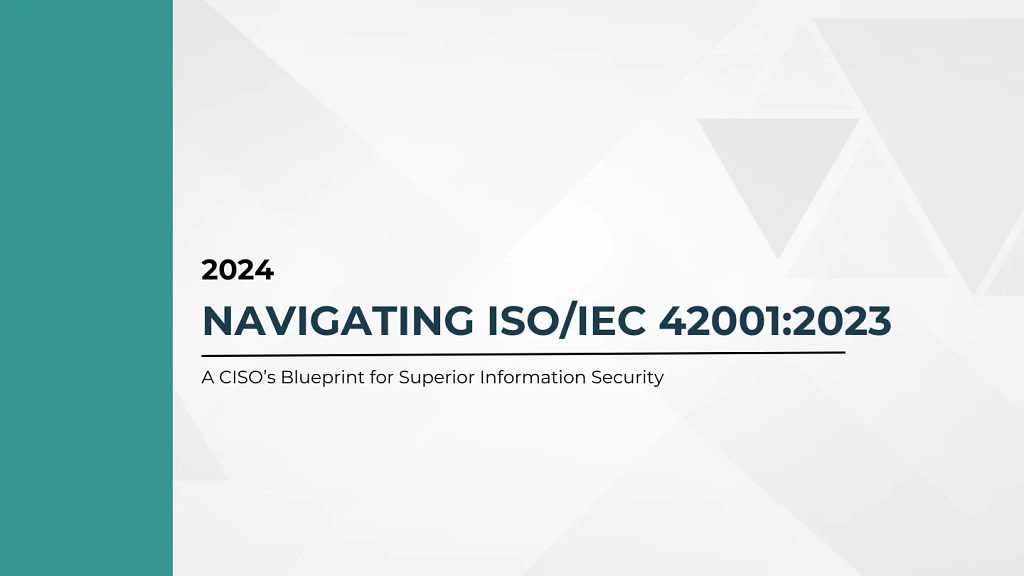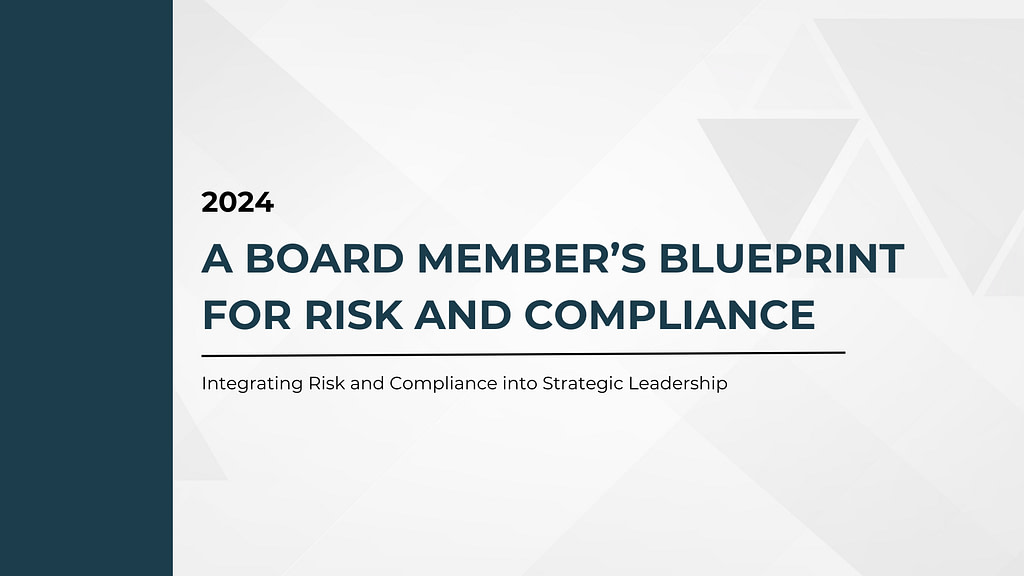In today’s rapidly evolving business landscape, understanding and managing GRC risk has become a cornerstone for organizational success. GRC, standing for Governance, Risk, and Compliance, represents a holistic approach to aligning a company’s objectives with regulatory requirements and risk management. This overview delves into the intricacies of GRC risk, highlighting its importance in the modern corporate world and offering insights into effective management strategies.
The Essence of a Proper GRC Program
GRC risk encompasses the potential threats and challenges that organizations face when trying to achieve their goals while adhering to regulatory standards and managing various risks. This concept is crucial in today’s business environment, characterized by rapid technological changes, evolving legal landscapes, and heightened stakeholder expectations.
Effective governance sets the tone for an organization, establishing clear policies and a culture of integrity. Risk management, a vital component of GRC, involves identifying, assessing, and mitigating risks that could hinder an organization’s objectives. Compliance ensures that the business adheres to laws, regulations, and ethical standards. Together, these elements of form a framework for making informed, strategic decisions that balance opportunity and liability.
The Importance of GRC Risk in Business
In a world where businesses operate under the scrutiny of regulatory bodies, investors, and the public, understanding GRC risk is no longer optional. It is imperative. Companies must navigate a complex web of regulations and emerging risks, ranging from data security breaches to environmental compliance. Failure to effectively manage risk can lead to significant financial losses, legal penalties, and reputational damage.
Moreover, effective GRC management offers more than just protection; it provides a competitive advantage. Organizations that proactively manage risks are better positioned to seize opportunities, innovate, and build trust with stakeholders. They are seen as reliable and responsible, attracting investors and customers alike.
Strategies for Managing GRC Risk
- Risk Assessment and Analysis: Regularly assess and analyze risks to stay ahead of potential threats. This involves continuously monitoring the internal and external environment for changes that could impact the organization.
- Integrated GRC Framework: Implement an integrated GRC framework that aligns risk management with governance and compliance efforts. This approach ensures a unified strategy, reducing silos and enhancing efficiency.
- Technology and Automation: Leverage technology to automate GRC processes. Advanced tools offer real-time insights and analytics, enabling organizations to quickly identify and respond to risks.
- Training and Awareness: Foster a culture of risk awareness and compliance throughout the organization. Regular training ensures that employees understand their role in managing risk.
- Stakeholder Engagement: Engage with stakeholders, including regulators, employees, and customers, to gain insights into emerging risks and compliance expectations.
- Continuous Improvement: Adopt a mindset of continuous improvement in GRC practices. Stay updated with the latest regulatory changes and best practices in risk management.
Conclusion
Understanding and managing GRC risk is critical for businesses to thrive in today’s complex environment. It requires a strategic approach, leveraging technology, fostering a risk-aware culture, and continuously adapting to changes. By effectively navigating the nuances of risk, organizations can achieve their objectives while maintaining compliance and integrity. This proactive approach not only safeguards the business but also positions it for long-term success and sustainability.
Download this guide to learn how GRC relates to ROI for an organization.












